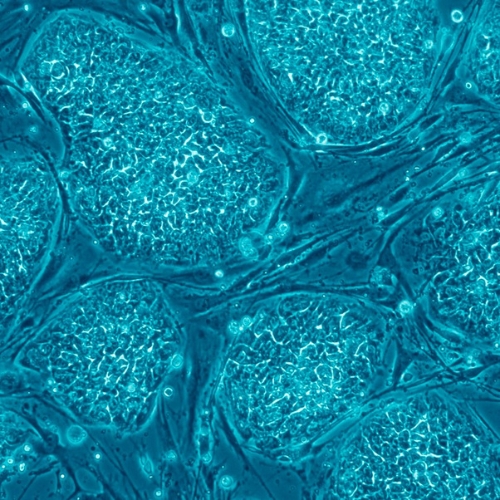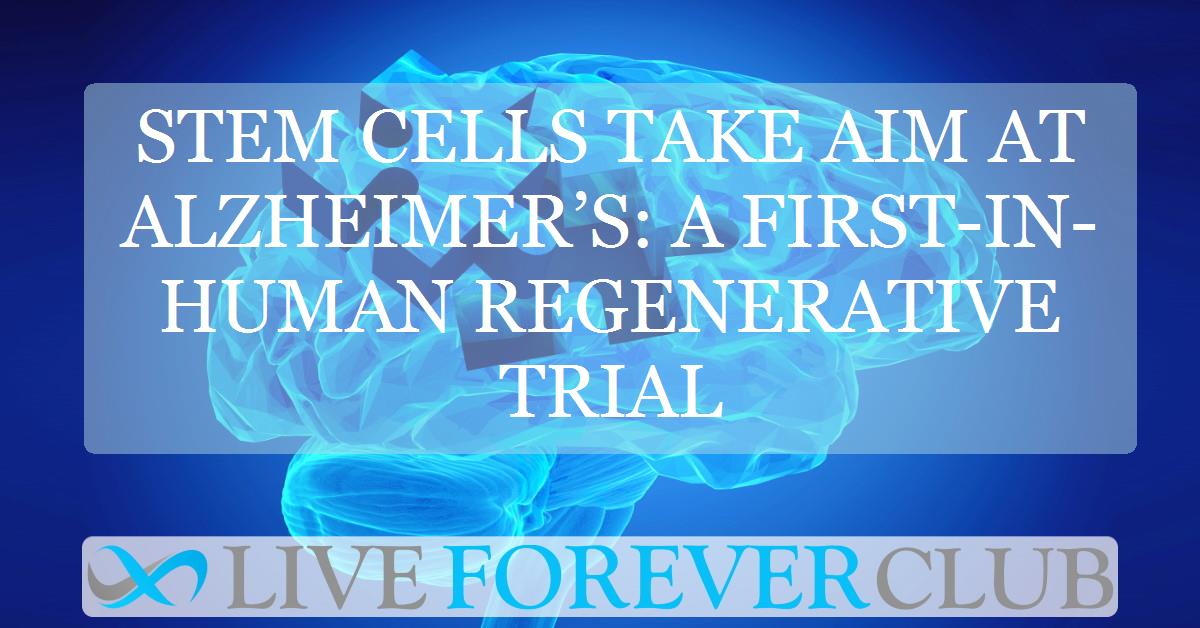Key points from article :
A new first-in-human Alzheimer’s study led by Dr. Christopher Duma and published by his team at Regeneration Biomedical explores a bold alternative to decades of drug-focused research. Instead of targeting amyloid plaques or tau tangles—the proteins long suspected of driving disease—this approach delivers Wnt-activated autologous stem cells directly into the brain’s ventricles. The idea is not simply to slow Alzheimer’s progression but to regenerate lost neurons and reawaken the brain’s own repair systems.
In the Phase I trial, seven patients with mild-to-moderate Alzheimer’s received stem cells harvested from their own fat tissue, activated with the Wnt signalling protein, and reintroduced into the brain via an implanted Ommaya reservoir. Early results were encouraging: 80% showed cognitive improvements within 12 weeks, and 60% maintained gains at 28 weeks. Biomarker reductions in amyloid and tau were also observed, with no serious side effects. Unlike traditional drugs that struggle to cross the blood–brain barrier, this direct delivery ensures widespread distribution throughout the brain.
The potential implications are significant. By addressing neuronal loss directly, this regenerative strategy could reshape how clinical trials are designed, guiding drug discovery teams toward new biomarkers and therapeutic targets. If confirmed in larger Phase II trials planned for 2026, the therapy may open the door to routine booster injections, with preserved cells cryostored for future use. This approach also scales beyond Alzheimer’s, with possible applications in Parkinson’s, ALS, multiple sclerosis, and traumatic brain injury.
Dr. Duma’s career, marked by innovations like the patented Gamma Knife “Leading Edge” technique and early adoption of deep brain stimulation, reflects his drive to expand treatment frontiers. If successful, his stem cell therapy could shift neurology from symptom management to true regeneration, offering hope not only for Alzheimer’s patients but for a wide range of neurodegenerative conditions.






